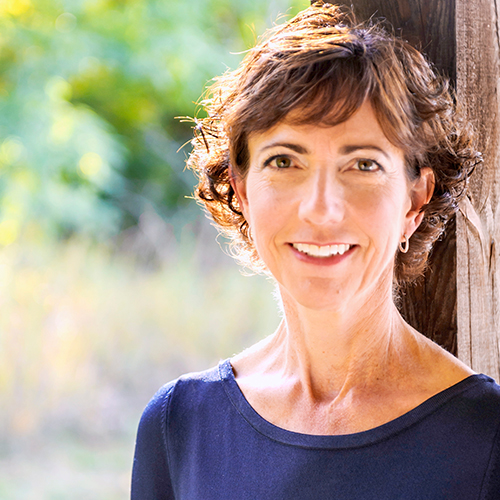 Neonatology Online Course(s) & Continuing Education
Neonatology Online Course(s) & Continuing Education
Access the latest clinical skills and research for Neonatology for Maternal Health professional training. These Neonatology online courses provide practice-changing skills and valuable perspectives from leading global experts. This Neonatology education has been accredited for a variety of CEUs / CERPs and can be accessed on-demand, at your own pace.
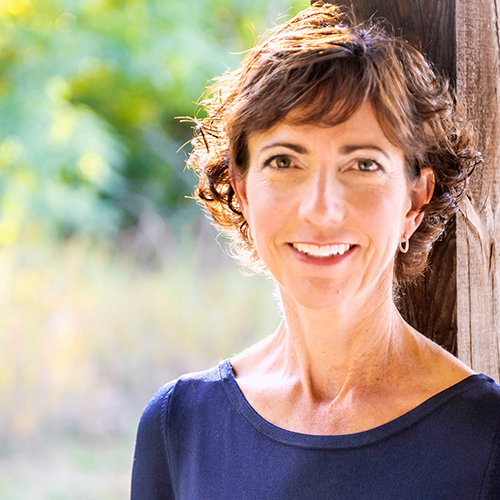

Dr. Unger is a neonatologist at Sinai Health in Toronto, Canada. She is the medical director of the Roger Hixon Ontario Human Milk Bank and a professor of pediatrics at the University of Toronto. She is a co-primary investigator for the Canadian Institutes of Health Research funded MaxiMoM: Maximizing Mother’s own Milk Program of research. Dr Unger graduated from medical school at Dalhousie University on the east coast of Canada. She is the proud mother of three teenage daughters.
Although human milk confers important health promotion benefits to all infants, vulnerable babies admitted to an NICU stand to benefit even more. Their parents are typically strongly motivated to provide their own milk, although for a variety of reasons, such as parental ill health and stress (often complicated by the pandemic), parents may not have a full volume of their own milk. In this case, donor milk is the recommended supplement to bridge until parent’s milk is available. There is strong research evidence to support the use of human donor milk in preterm infants to prevent necrotizing enterocolitis, while there is less available evidence for the use of donor milk in late preterm infants. There are important differences between parent’s milk and donor milk with respect to their nutrient and non-nutrient components which may be secondary to processing techniques used in creating batches of donor milk. It is important to understand these differences and be able to interpret nutritional labelling on donor milk. Newer techniques in pasteurization may address some of the losses of bioactive molecules in human milk.

View Details / Enroll
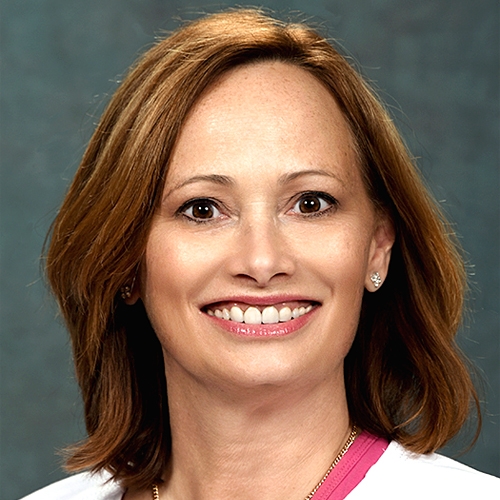
Using Your Voice to Drive Change – How Formal and Informal Nurse Leaders Make a Difference in The NICU

Pamela Spivey is an Advanced Practice Registered Nurse and founder of Spivey Consulting, LLC. She shares her 34 years of expertise in neonatal nursing and leadership development as a national speaker, author and certified leadership coach. Pam launched her own business in 2015 to support individual clients and corporate teams through professional coaching, leadership development, and consultative services. Her unique experiences and passion for caring, drives her to “help nurses away from the wall and toward their possibilities”.
Innovation and change is a constant in healthcare. Nurses are key stakeholders in developing, implementing and executing these changes. Whether the nurse is a formal or informal leader, their presence is vital for effective change. A nurse’s voice, your voice, can drive change by leading, guiding and engaging colleagues in the process. Extraordinary outcomes can be achieved with a clearly articulated vision, an inspired team, knowledge about the change (the why behind the what), and the resources necessary to create change. This presentation focuses on how leaders can prepare for change, move forward using change management strategies and sustain meaningful change in their units. Individual and collective strengths required to lead change will be shared.

View Details / Enroll
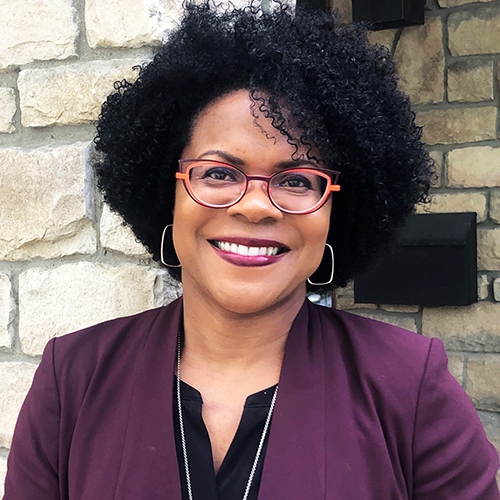
Walking with NICU Families Through Their Infant Feeding Journey

Maxine graduated with a nursing degree followed later on by her Master of Nursing in 2017 both from the University of Calgary. Maxine was a public health nurse in Calgary for 13 years, where providing face to face contacts with new families soon after discharge is a standard of care. Most families named feeding challenges as their biggest concern. In turn, Maxine developed a passion for lactation support, worked towards and attained the International Board-Certified Lactation Consultant designation, in order to assist families to reach their feeding goals.
In 2016, Maxine made the transition from public health to acute care where she currently works in all areas of a large Children’s hospital to support dyads with a myriad of lactation concerns but is primarily in the NICU. Maxine’s responsibilities includes orienting new staff to teaching a provincial lactation education within a team. Maxine is passionate about sharing knowledge with aspiring LCs and is a mentor to many. Maxine participates on numerous committees to update lactation and feeding policies, procedures and documents. Furthermore, she volunteers on provincial and national breastfeeding committees.
To graduate from the Neonatal Intensive Care Unit (NICU) infants are required to be adequate feeders. Feeding is a learned skill for NICU babies that is expected to “be there in waiting” after a long medical and or surgical admission. Effective feeding and subsequent weight gain in the NICU are the measures and skill to which a discharge ticket home is granted. Feeding can sometimes be overlooked in regards to its role in infant well being and parental confidence. Infants are admitted to surgical level 3 NICUs for many reasons, including prematurity, necrotising enterocolitis, intestinal perforations, gastroschisis, duodenal atresia, omphaloceles, therapeutic hypothermia, seizures, and oesophageal atresia /fistulas including genetic or metabolic abnormalities. Many of these illnesses have a very long course toward healing and recovery before oral feeding is introduced.
Lactation Consultants in the NICU are well positioned to ensure support of the family and medical team along the way, to optimize successful oral feeding upon discharge home.
This talk will look at some of the ways that parental presence and mom’s milk is therapeutic in the NICU, and how the progression of breastfeeding can be the ticket to going home.

View Details / Enroll
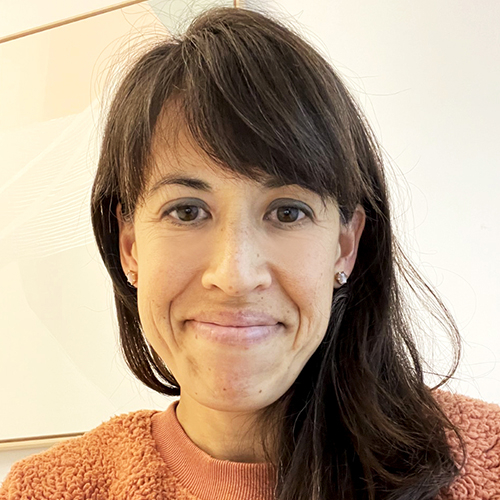
What Is Stopping Us? Kangaroo Care Implementation in Neonatal Intensive Care Units

Sarah Coutts is a registered nurse and lactation consultant with over 10 years experience in the neonatal intensive care unit. She currently is working as a Developmental Care Specialist in a NICU in Vancouver, Canada. Previous to this position Sarah was the Kangaroo Care Coordinator of an implementation science study to improve uptake of Kangaroo Care in NICUs in British Columbia. She is part of team of clinicians and researchers interested in understanding the barriers and enablers to Kangaroo Care from both the healthcare provider and parent perspectives and creating innovative strategies to increase knowledge and practice of Kangaroo Care in the NICU. She is passionate about raising awareness of the positive outcomes of zero separation between preterm and sick infants and their parents in the NICU.
Preterm infants are at increased risk for impaired neurodevelopmental outcomes (Stoll et al, 2010). There is evidence supporting the differences in outcomes related to how we provide care to preterm infants and the effects of the environment in which the care takes place. One of the most effective ways to reduce impaired infant outcomes is inviting parents to actively participate in care activities and provide Kangaroo Care (Boundy et al., 2016; Charpak et al., 2017). Despite international recommendations, empirical evidence, and an implementation science project focused on strengthening Kangaroo Care in neonatal intensive care units in British Columbia, Canada, implementation has been slow due to various barriers to uptake (Charpak et al., 2020; Coutts et al., 2021; WHO, 2020). A ‘one size fits all’ approach cannot guide Kangaroo Care implementation as it is a complex intervention and each NICU presents unique barriers and enablers. The uptake of Kangaroo Care relies on the involvement of parents and healthcare providers and their understanding and commitment to the evolving paradigm shift in neonatal care. This transition requires environmental and social supports, systems level change of philosophies of care, and assistance for healthcare providers to recognize their changing role.
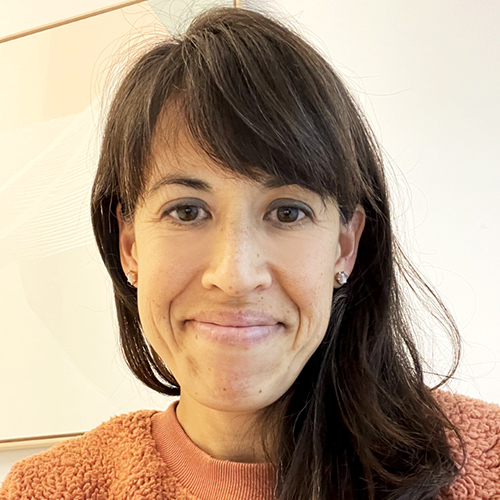
View Details / Enroll
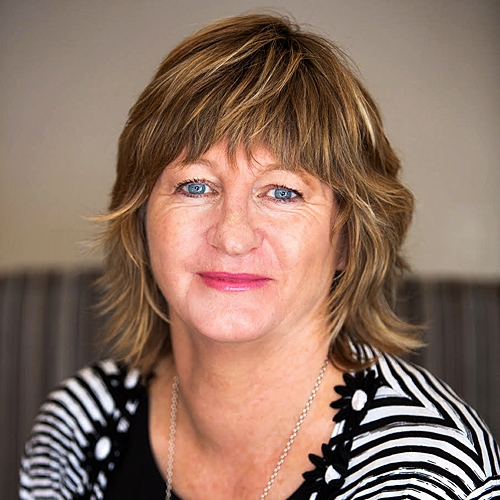
When a Baby Dies: Providing Care and Support

Dr Vicki Culling is the Director and principal trainer for Vicki Culling Associates. Vicki is a bereaved parent and has been actively involved in Sands (an organisation that supports families when a baby or child dies) for over fifteen years. The stillbirth of her first daughter led her to utilise her skills, in supporting bereaved parents and families and educating health professionals with in-person workshops and online learning. Vicki was a founding member of the NZ national Perinatal and Maternal Mortality Review Committee (PMMRC) set up in 2005 and charged with collecting data on perinatal and maternal mortality and morbidity in NZ. Vicki is a current member of the NZ Ministry of Health’s Maternal Fetal Medicine Governance Board and vice-Chair of the National Perinatal Pathology Clinical Governance Committee. She also works as a lay reviewer for the Medical Council of NZ and the Dental Council of NZ. She lives in Wellington with her husband Kevan and daughter Phoebe.
In this presentation, we will explore grief and baby loss from a first-world, Western perspective. We will reflect on how our attitudes to grief have formed and look at the differences between traditional and contemporary approaches to grief and the tension that lies between them. We will also discuss some of the different ways that baby loss is discussed societally – looking particularly at platitudes, euphemisms and the tendency to minimize a baby’s death. We’ll finish with an exploration of our own approach to supporting bereaved families - our philosophy of care. At the end of this presentation, participants will have an array of concepts to help reflect on the care they give to parents and families who have experienced the tragedy of neonatal death.

View Details / Enroll
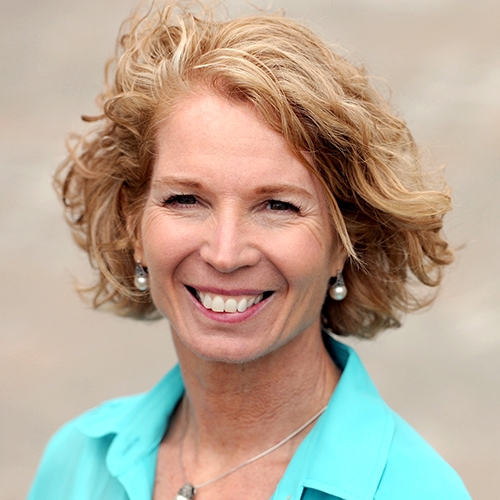
Why Are We Still Hurting Babies: Provider And Parent-led Interventions For The Treatment And Prevention Of Procedural Pain

Dr. Marsha Campbell-Yeo, a neonatal nurse practitioner and clinician scientist, is a Full Professor at the School of Nursing, Faculty of Health, Dalhousie University and holds cross appointments in the Department of Pediatrics, and Psychology and Neuroscience. Her Canada Foundation of Innovation funded research lab, MOM-LINC (Mechanisms, Outcome and Mobilization of Maternally-Led Interventions to Improve Newborn Care) is located at the IWK Health Centre. She primarily holds grants examining interventions to improve outcomes of medically at-risk newborns specifically related to pain, stress, and neurodevelopment as well as novel knowledge synthesis and dissemination methods, and digital e-heath interventions aimed at enhancing parental engagement.
She has been recognized for her contributions to the field via numerous awards. She has received an Honorary Doctorate from the Faculty of Medicine and Science from Orebro University, Sweden, and invited as a member of the Royal Society of Canada's College of New Scholars, Artists and Scientists, the recipient of the Inaugural Dalhousie University President's Award for research excellence, was named one of 150 Nurses championing innovation in health for Canada by the Canadian Nurses Association to mark the 150th anniversary of Confederation, a Canadian Institute of Health Research New Investigator Awardee, the Canadian Pain Society 2015 Early Career Awardee, and a Career Development Awardee of the Canadian Child Health Clinician Scientist Program. She is President-Elect of the Pain in Childhood Special Interest Group of the International Association for the Study of Pain, an Executive member of the Council of International Neonatal Nurses, and the Inaugural Chair of the Canadian Premature Babies Foundation Scientific Advisory Committee. Follow her on Twitter @DrMCampbellYeo
Topic: Why Are We Still Hurting Babies: Provider And Parent-led Interventions For The Treatment And Prevention Of Procedural Pain - [View Abstract]
After decades of healthcare providers not recognizing newborn infants’ capacity to feel pain and the associated adverse outcomes, we now know that current evidence suggests that repeated procedural pain contributes to long-term changes in stress regulation and brain development in vulnerable preterm infants, after accounting for associated clinical confounders. Many medications are often not effective for the most commonly performed painful procedures, and their repeated and frequent use may have potential short and long-term adverse effects. Recent research has thus focused on finding non-pharmacological interventions or sweet tasting solutions as a substitute to pharmacologic treatments, or as a means to reduce the drug-doses needed for optimal analgesia associated with procedural pain. Several of these interventions involve parents, e.g., skin-to-skin care, breastfeeding, or facilitated tucking. Despite this knowledge, clinicians often struggle with incorporating these strategies into everyday practice. Moreover, most parents and many providers remain unaware of the powerful benefits of integrating parents as active participants in newborn pain management. This presenatation will cover interventions to address the treatment and prevention of procedural pain.
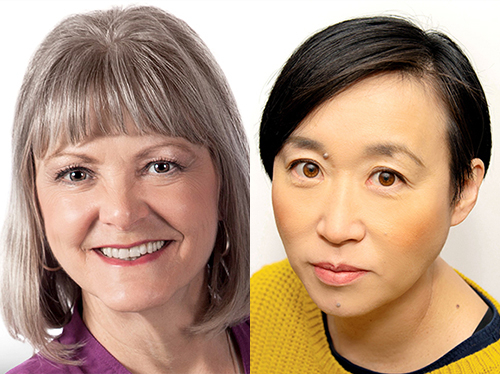
“The Little Engine That Could”: Breastfeeding Journeys of Very Premature Babies on Home Tube Feeds

Karen Lasby leads a specialized nursing team in post-discharge follow-up of extremely premature infants and their families in Alberta, Canada. She has presented locally, nationally, and internationally on the topics of premature babies, neonatal oral feeding, and NICU-to-home transition, including the 2019 and 2022 GOLD Neonatal Conferences. She has been the co-investigator in several research studies examining outcomes for very low birth weight infants and has published articles on maternal work in the NICU, neonatal transition, and gastroesophageal reflux. An educator for nearly thirty years, Karen has taught, written instructional material, and produced online neonatal nursing courses. Formerly the president of the Canadian Association of Neonatal Nurses, she served on this national board for twelve years, and on the board of the Council for International Neonatal Nurses for three years. Karen’s work has been recognized by the Canadian Institute of Child Health and College and Association of Registered Nurses of Alberta. Karen is the co-author for the parent book, "Preemie Care: A guide to navigate the first year with your premature baby".
Noriko Woods is a member of a specialized nursing team in post-discharge follow-up of extremely premature infants and their families in Alberta, Canada. She started her Level 4 NICU RN career in Kanagawa, Japan, trained and worked for 5 years before moving to Canada. She worked 5 years as a Level 4 NICU RN in Calgary Alberta before she started her current position at Postpartum Community Health Services, as a public health nurse. She became passionate about breastfeeding with her own experience with her first child in 2009 and obtained the IBCLC in 2011. She has been working with early postpartum mothers and babies to reach their breastfeeding goals as a Lactation Consultant in her community. She is passionate about supporting families to achieve positive feeding experience with a bottle and at breasts. She has been participating with various committees such as Calgary NICU LC group to revise the breastfeeding guidebook for NICU parents, Calgary Breastfeeding Matters Group annual conference committee, GOLD Neonatal Professional Advisory Committee.
Long NICU stays, invasive oral procedures, chronic lung disease, and gastrointestinal complications can contribute to a complex oral feeding journey for premature infants. Frequently, the NICU journey prioritizes bottle feeding over breast feeding. Breastmilk supply and transfer are challenging for mothers and infants born very premature. At the time of NICU discharge, most very premature infants remain fragile oral feeders with weak breast-feeding and bottle-feeding skills, and some require tube feeding support. Community-based breastfeeding support is often lacking, and breastmilk intake and direct breastfeeding diminish beyond discharge. The authors will highlight four remarkable case studies of very premature newborns who were discharged home on nasogastric tube feeding. All four babies had a complex oral feeding journey in the NICU with minimal opportunity to develop breastfeeding skills. Parent comments will be shared, including barriers and facilitators for breastfeeding. Take away messages will focus on helpful strategies to support families taking home a fragile feeder and progressing toward positive, enjoyable oral feedings and more importantly, weaning from tube support and advancing breastfeeding.
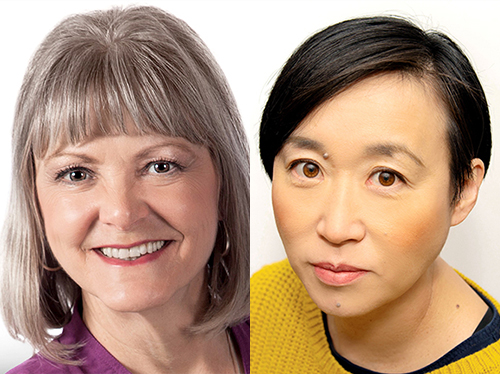
View Details / Enroll
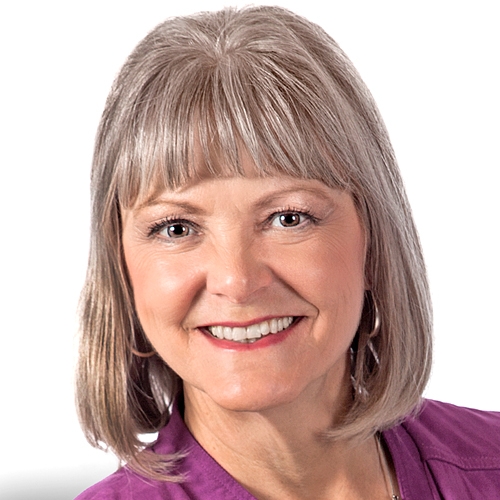
“Zooming Ahead”; Post-NICU Discharge Very-Low-Birth-Weight Infant Follow-up Program Goes Virtual

Karen has worn a number of hats in her nursing career but always comes back to her passion for premature babies. Her background includes NICU nurse, transport nurse and NICU educator, rural nursing, staff development, pediatrics, pediatric intensive care, and community health. For over 20 years Karen has lead Calgary’s specialized “Neonatal Transition Team”, which she will talk about today. Karen has presented locally, nationally, and internationally and has also been co-investigator in several research and quality improvement studies examining outcomes for very low birth weight infants. For nearly 30 years, Karen taught, wrote instructional material, and produced on-line courses for nurses to earn a certificate in neonatal nursing through Mount Royal University. Karen is a past-president of the Canadian Association of Neonatal Nurses and served on this national board for 12 years, and on the international board of the Council for International Neonatal Nurses for 3 years. In 2019, Along with co-author, Tammy Sherrow, Karen published the book “Preemie Care: A guide to navigating the first year with your premature baby”.
Topic: “Zooming Ahead”; Post-NICU Discharge Very-Low-Birth-Weight Infant Follow-up Program Goes Virtual - [View Abstract]
Many preterm infants remain vulnerable following discharge from the neonatal intensive care unit (NICU). Health challenges persist beyond the NICU including respiratory illness, breastfeeding progression, bottle feeding incoordination, behavior and development issues, impaired growth, infrequent stooling, and gastroesophageal reflux. Preterm infants are up to two times more likely than full term infants to be hospitalized in the first year of life. Parents are challenged to transition their premature baby home and to keep them home!
Community-based, specialized follow-up services following NICU discharge have a powerful impact. The Neonatal Transition Team in Calgary, Alberta, Canada provides post-NICU follow-up for very-low-birth-weight infants and their families. The team consists of community health registered nurses with advanced skill in premature infant outcomes, feeding and neurodevelopmental assessment, and a consultation partnership with nutritional and feeding specialists. While home visits have been the backbone of this service, the team questioned the feasibility and acceptance of virtual care and completed a three month quality improvement pilot. This virtual care pilot demonstrated optimization of health-care resources by providing safe, high-quality care at a reduced operational cost. The pilot was instrumental in the team’s management during the SARS-COVID-19 pandemic. Virtual care has been fully operationalized into the service delivery model and expanded to serve other newborns with feeding or growth challenges.
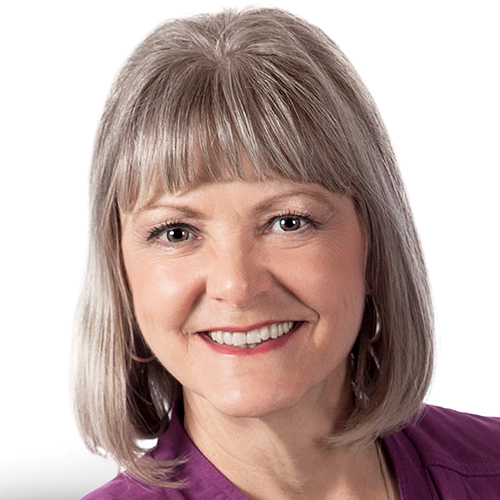
View Details / Enroll



